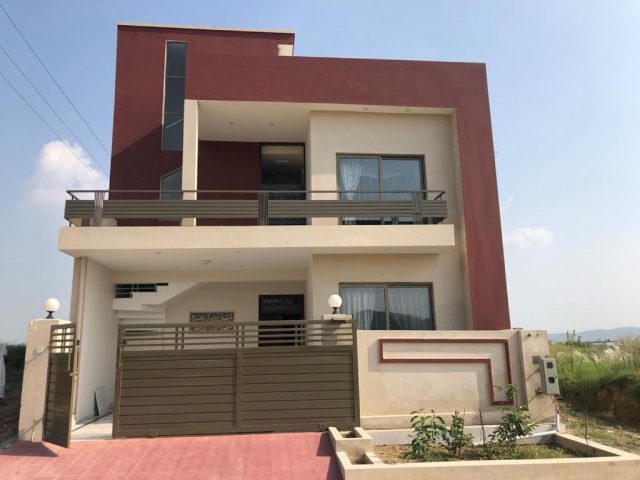Two sides of the same coin – excitement and stress – are involved when purchasing a home. One of the first questions asked is “How long is it going to take?” Unfortunately, there is no tailor-made answer. Some say within 3 – 6 months but, since there are so many varying factors to take into consideration, it is difficult to give a definite time frame.
Professionals in the property market, including the Burnham-On-Sea estate agents, will advise that the best way to plan a timespan is to understand the various steps leading to the purchase of a property and the estimated time taken to complete each process.
Budget: Once you decide on affordability, it makes it easier and quicker to view houses within your price range. You should take into account the additional expenses besides the house price – fees for mortgage, solicitor, inspections, stamp duty if applicable and other legal documents.
Locating the right property: This can happen at the first viewing or it can take ages to find the perfect place. Once the affordable properties are shortlisted, the search for the right home can continue. Since you will be spending valuable money on what is going to be either your personal home or an investment, this should be a calculated step. Local agents generally have a good idea of the market and will be able to assist.
Survey: It is important to have a survey of the property conducted, even if it means additional expense. The time taken would depend on the availability of the surveyor and the type of survey. Ensure that the surveyor is a member of RICS (Royal Institution of Chartered Surveyors).
Mortgage: Various offers are available and research will have to be carried out to find a suitable one. It is wise to secure the mortgage while you’re searching for the home so that an offer can be submitted as soon as it is located. Keep all relevant documents ready and choose suitable options with regard to fixed or variable (SVR) rate terms etc. When the mortgage is approved, an AIP (Agreement in Principle) certificate will be issued, stating the amount to be loaned.
Bid for the property: If you submit an offer that is lower than the asking price, make sure you have a reason for it. You should also highlight your advantages as a buyer, such as your deposit amount, the AIP certificate and, if a first-time buyer, no chain involvement so flexibility with dates is possible. The seller might want to negotiate; hence keep a counterfigure ready to offer.
Conveyancer: Once your offer is accepted, you will need a conveyancer (solicitor in property law) to finalise the legal process. Check the conveyancer’s credentials and fee before making a decision. The home will be checked, as well as all documentation and survey reports. The terms and preparation of contracts will be arranged. The exchange of so much information and documentation among the seller, estate agent and conveyancer could take time – usually between 6 weeks and 3 months.
Contract exchange: The completion of the purchase is when all inspections have been completed, documents finalised and the contracts exchanged. The ownership is transferred to the buyer from the seller. The time for this also varies – it can sometimes happen within a day (with an additional fee) or before 4 weeks.
Delays: Some unforeseen difficulties could slow down the process, so it is best to be prepared. Completion of paperwork, disputes between seller and buyer or problems with the property could lead to delays. Forms should be filled accurately and quickly with necessary documents kept ready. Structural issues with the property could be brought to light with the survey. You need to consider the cost of fixing such issues yourself or whether the seller should see them and the cost deducted from the property price. If a property chain is involved, then delays could be caused by problems in the chain itself. It is best, in the beginning, to negotiate a completion date at the earliest for all parties.
Conclusion: Due to the many procedures and the large amount of money involved, buying a property should not be rushed in to. A “to-do” list of the various steps should be checked off as each one is completed. A professional in the field stated that an estate agent can chase the process and ensure that all parties are kept up-to-date. “Constant feedback reduces stress, delays and any confusion in the process. A good estate agent will do this and, if there is a problem, will strive to solve it. They are the oil in the engine.” So, once you are aware of the details, you can relax and sail through the process, even though the time frame may not be fixed.









